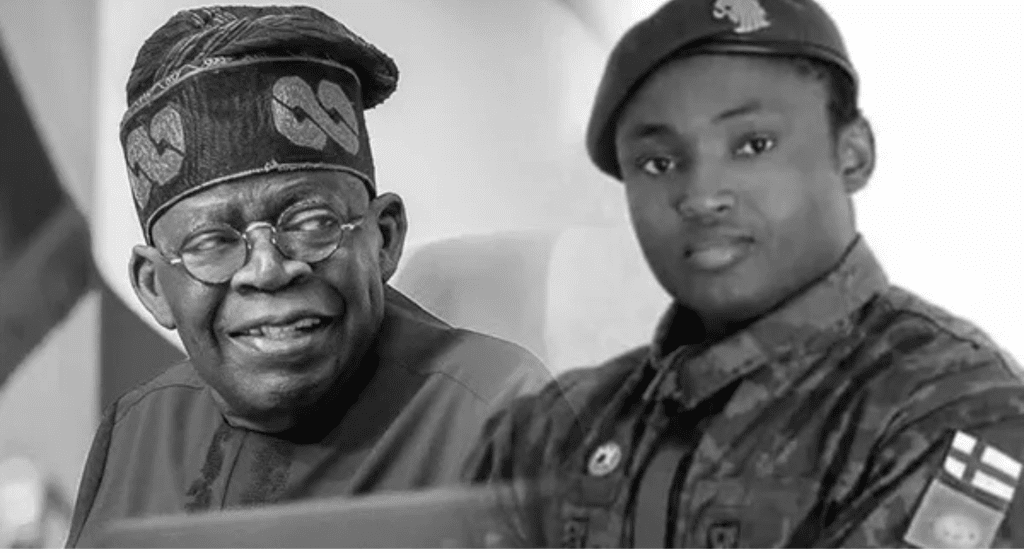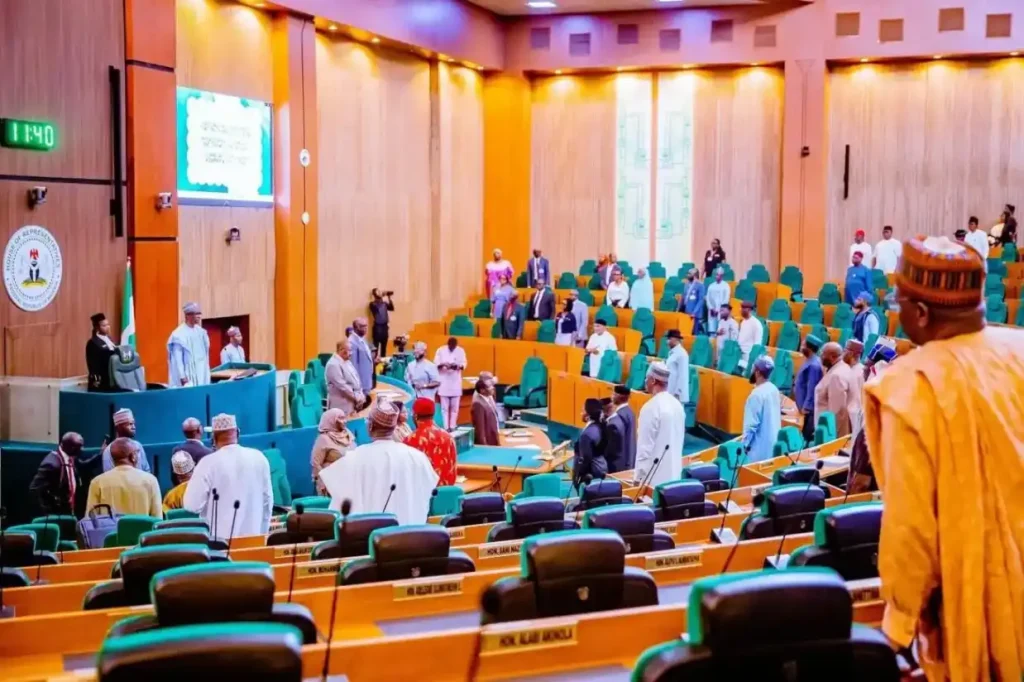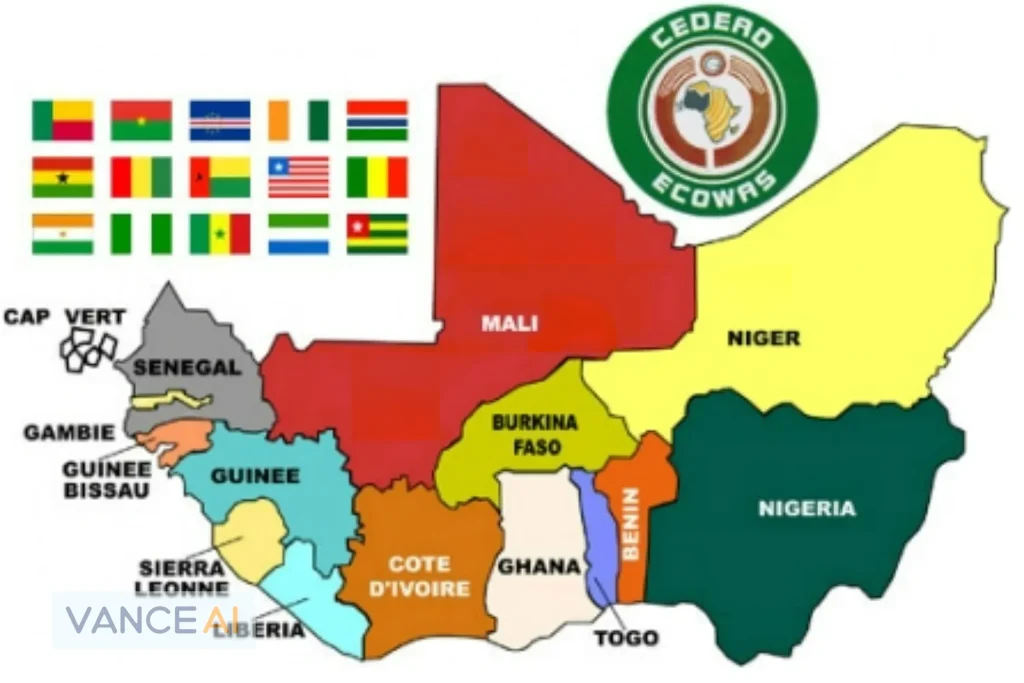Simon Ekpa, a controversial figure and self-proclaimed leader of the proscribed Indigenous People of Biafra (IPOB), has been arrested in Finland. The arrest follows extensive diplomatic efforts by the Nigerian government, which pressured Finnish authorities to take action against Ekpa over his alleged role in promoting unrest in Nigeria’s southeast region.
The Nigerian government has accused Ekpa of inciting violence and funding activities tied to the enforcement of IPOB’s sit-at-home orders. These actions have reportedly disrupted economic activities and led to a series of violent incidents, including loss of lives and property in southeastern Nigeria.
According to officials, the Finnish government responded to Nigeria’s appeals, leading to Ekpa’s detention for questioning. The Defense Headquarters (DHQ) of Nigeria welcomed the arrest, describing it as a significant step toward curbing violence in the region. The Nigerian authorities have since initiated extradition proceedings to bring Ekpa back to Nigeria to face prosecution.
In Enugu State, the government lauded the development, labeling Ekpa as a “terrorist” who exploited the idea of Biafra for personal gain without understanding its historical significance. The state government expressed hope that his arrest would pave the way for peace and stability in the southeast.
Meanwhile, the arrest has caused panic among Nigerians living in Finland, especially those suspected of being linked to Ekpa’s activities. Finnish authorities have reportedly launched an investigation to identify and apprehend his alleged sponsors and collaborators.
Ekpa, who has consistently denied any wrongdoing, claims his actions were aimed at advocating for the Biafran cause and addressing the perceived marginalization of the Igbo ethnic group. However, his rhetoric and directives have been widely criticized for promoting violence and destabilizing the region.
The Nigerian government’s pursuit of Ekpa reflects its broader efforts to combat secessionist movements and restore normalcy in the southeast. This high-profile case underscores the increasing use of international collaboration to address security threats and hold individuals accountable for transnational crimes.
As extradition discussions progress, many Nigerians are hopeful that Ekpa’s arrest will deter further violence and open the door for dialogue and reconciliation in the southeast.























